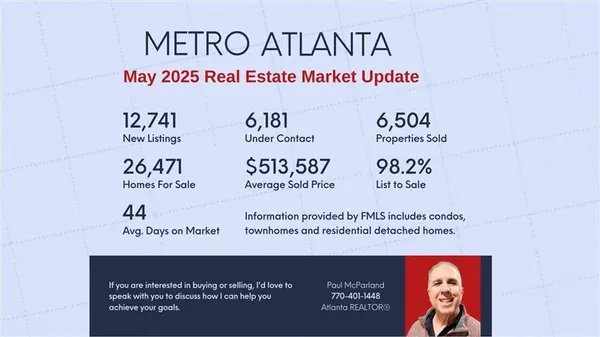
Mid-October Magic: Why This Week is Prime Time to Snag an Atlanta Home Deal
Mid-October Magic: Why This Week is Prime Time to Snag an Atlanta Home Deal As the leaves turn in Metro Atlanta and the air crisps up, savvy home hunters know there's a subtle shift in the real estate winds. It's October 6, 2025, and if you're eyeing a new pad in Buckhead, a cozy starter in Deca

Buy a Home in Atlanta Now: Capitalize on Market Oversupply
Atlanta's vibrant culture, booming job market, and diverse neighborhoods have always drawn homebuyers. In 2025, an unprecedented oversupply of homes creates a buyer-friendly market, with more choices, lower prices, and greater negotiating power. Here's why now is the time to buy in Atlanta and how

Best Subdivisions to Live in East Cobb, GA: Your Guide to Family-Friendly Neighborhoods
East Cobb, Georgia, is a sought-after suburban gem just north of Atlanta, known for its top-rated schools, vibrant community spirit, and beautiful homes. Whether you're relocating for work, seeking a family-friendly environment, or looking for a peaceful retreat with urban access, East Cobb’s subd
Categories
Recent Posts










